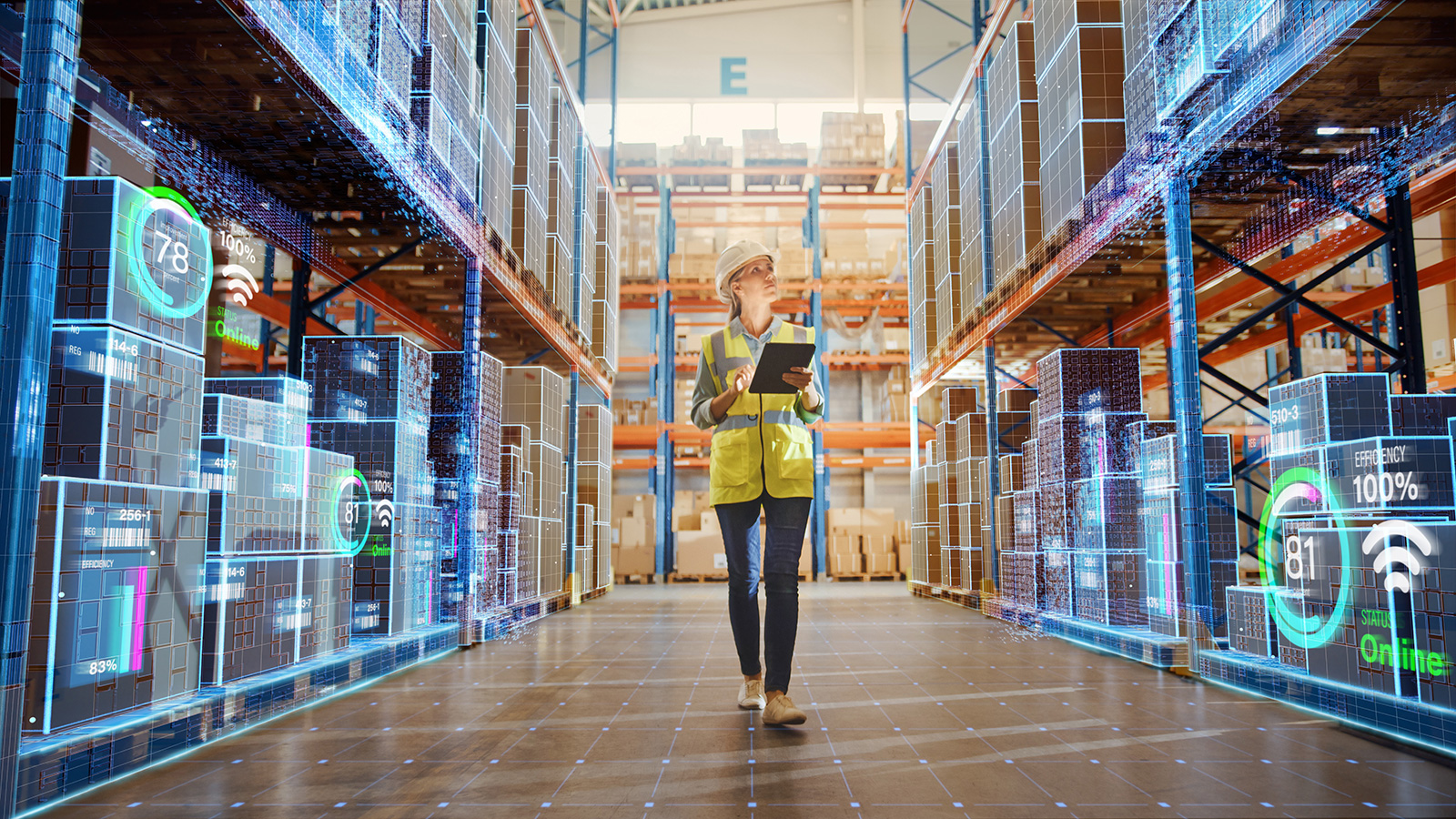What is IoT?
IoT, or the Internet of things, refers to the interconnected network of physical smart devices, vehicles, buildings, and other objects embedded with sensors, software, and network connectivity, allowing them to collect and exchange data.
The IoT is revolutionising industries by connecting everyday objects to the internet, enabling them to collect and exchange data. This interconnected network spans from household appliances to industrial machinery, facilitating real-time communication and automation.
Understanding IoT
At its core, it involves embedding sensors, software, and other technologies into physical devices to gather and share information over the internet. This integration allows for enhanced monitoring, control, and optimisation of processes across various sectors.
IoT SIM Cards
An IoT SIM card is specifically designed to provide connectivity for smart devices. Unlike traditional SIM cards used in mobile phones, IoT SIMs offer greater durability, security, and flexibility. They are built to withstand environmental challenges such as vibration, corrosion, and extreme temperatures, ensuring reliable performance in diverse conditions.
5G SIM Routers
The advent of 5G technology has led to the development of advanced routers capable of leveraging higher data speeds and lower latency. These 5G SIM routers are essential for applications requiring real-time data processing and high-bandwidth connectivity, such as autonomous vehicles and smart cities.
Gateway Routers
Gateway routers serve as critical intermediaries between smart devices and the cloud, managing data traffic and ensuring secure communication. They aggregate data from various sensors and devices, processing it locally before transmitting it to central systems. This functionality is vital for reducing latency and bandwidth usage, particularly in industrial settings.
IoT as a Broadband Failover Solution
Incorporating IoT devices as part of a broadband failover strategy enhances network resilience. Failover mechanisms automatically switch to a secondary connection when the primary network fails, maintaining uninterrupted operations. IoT-enabled cellular failover solutions utilise wireless networks to provide backup connectivity, ensuring business continuity during outages. This approach is particularly beneficial for industries where constant connectivity is critical, such as healthcare and finance.
Impact Across Industries
The integration into technologies is transforming various sectors:
- Manufacturing: IoT facilitates predictive maintenance and real-time monitoring of equipment, reducing downtime and operational costs.
- Healthcare: Connected devices enable remote patient monitoring and improved diagnostics, enhancing patient care and resource management.
- Transportation: IoT supports fleet management through GPS tracking and vehicle diagnostics, optimising routes and maintenance schedules.
- Agriculture: Sensors monitor soil conditions and crop health, enabling precision farming techniques that increase yield and conserve resources.
What is an Internet of Things device?
There’s hundreds of ways you can have IoT connected devices, with just a few examples listed below:
- Smart thermostats: These won’t only be useful for controlling the temperature in your business premises, but you’ll probably find these useful in your home too! They can control the temperature based on the occupancy and they’ll learn your preferences so it can manage your heating intelligently.
- Fitness trackers: Fitness watches have exploded over the last couple of years with everyone checking how many steps they’ve walked and how many calories they’ve burned but the technology behind these devices lies in IoT.
- Industrial sensors: IoT in manufacturing can have some great benefits when it comes to optimising processes. Industrial sensors can monitor equipment and let you know when stock is low, replacement of parts is needed and much more!
- Environmental monitoring devices: The agricultural industry is also one that combines smart devices with smart manufacturing, with devices available to measure air quality, soil moisture and even the water quality.
Embracing IoT solutions allows businesses to enhance efficiency, reduce costs, and create new revenue streams. As technology advances, the potential applications of IoT will continue to expand, offering further opportunities for innovation and growth.
Now that you understand What IoT is, it will be clear that smart device management within your business could help you automate processes and streamline operations, speak to our team of Cybersecurity experts to see how it can support your business today!
